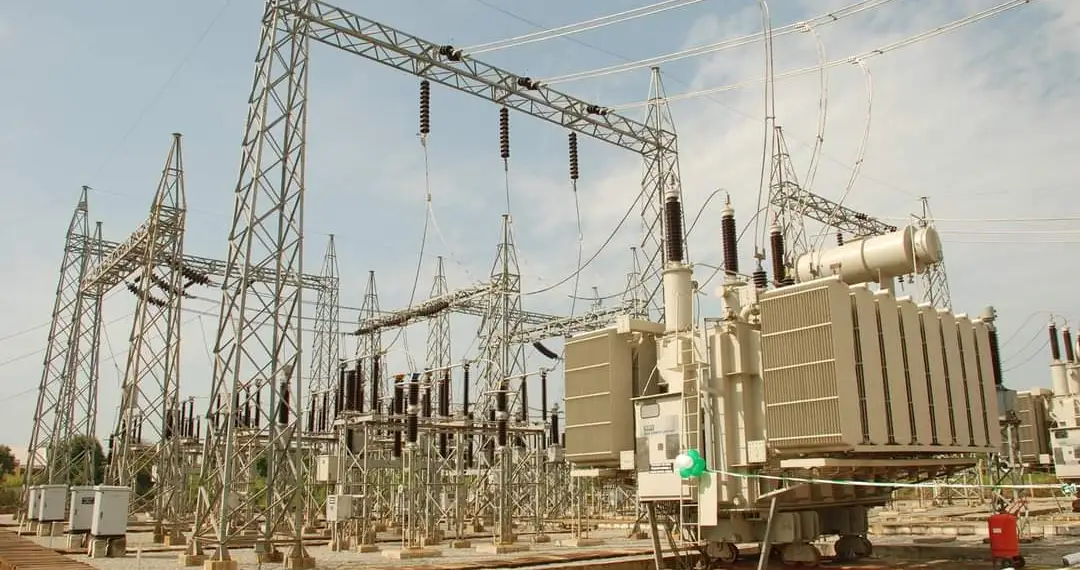NEWS
Nigeria’s $10bn plan to prevent national grid collapses

The Federal Government has launched a major initiative to partner with the private sector to raise a portion of the $10 billion needed to prevent frequent national grid collapses and establish a reliable, 24-hour power supply across the country.
This ambitious investment push, projected to span five to ten years, is part of Nigeria’s broader effort to resolve long-standing power supply issues and stabilize the national grid.
The collaboration was the focus of recent talks in Abuja between Dr. Jobson Ewalefoh, Director-General of the Infrastructure Concession Regulatory Commission (ICRC), and Minister of Power Adebayo Adelabu.
According to a statement by ICRC’s acting Head of Media and Publicity, Ifeanyi Nwoko, both leaders emphasized the urgent need for Public-Private Partnerships (PPPs) to mobilize funding and technical expertise to stabilize the country’s fragile power infrastructure and reduce the frequency of grid collapses.
Minister Adelabu disclosed that achieving 24-hour power supply nationwide will require a minimum of $10 billion over the next decade to overhaul outdated infrastructure and avert the ongoing national grid collapses.
“With the financial requirements to stabilize the power grid and establish 24-hour power, the government cannot fund this alone without impacting other critical sectors,” he stated.
“By leveraging private sector funding through PPPs while maintaining government oversight, we can drive sustainable energy reform. The ICRC’s role will be pivotal in guiding this process.”
In line with immediate stabilization measures, Minister Adelabu recently directed the replacement of aging grid infrastructure—a key recommendation to reduce the incidence of grid failures. To meet the financial needs of these repairs, he has also requested additional funding through the 2024 Supplementary Budget and the 2025 Appropriation Bill.
Dr. Ewalefoh expressed confidence in the collaboration, noting that ICRC’s regulatory framework will enable effective private sector investment to strengthen the national grid.
He highlighted that overhauling Nigeria’s power sector requires strategic planning, major investment, and strong inter-agency cooperation, adding, “Stabilizing the national grid and expanding the power sector is a massive task that requires significant financing beyond government capacity. The ICRC is positioned to structure and manage these private investments.”
Recently, the ICRC implemented a six-point policy, directed by President Bola Tinubu, to streamline PPP projects and accelerate their rollout in sectors including energy.
The commission has also tightened regulations, including pre-conditions in PPP contracts, which ensure any company failing to meet terms will have its contract nullified, thus safeguarding critical projects from delays and inefficiencies.
Dr. Ewalefoh commended Minister Adelabu’s expertise and dedication to energy reform, pointing to his leadership as evidence of the administration’s commitment to stabilizing Nigeria’s power sector and ending the era of frequent grid collapses.